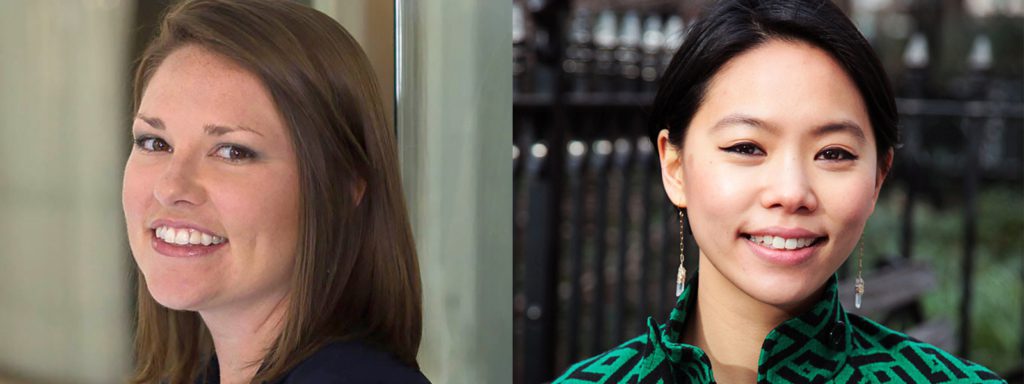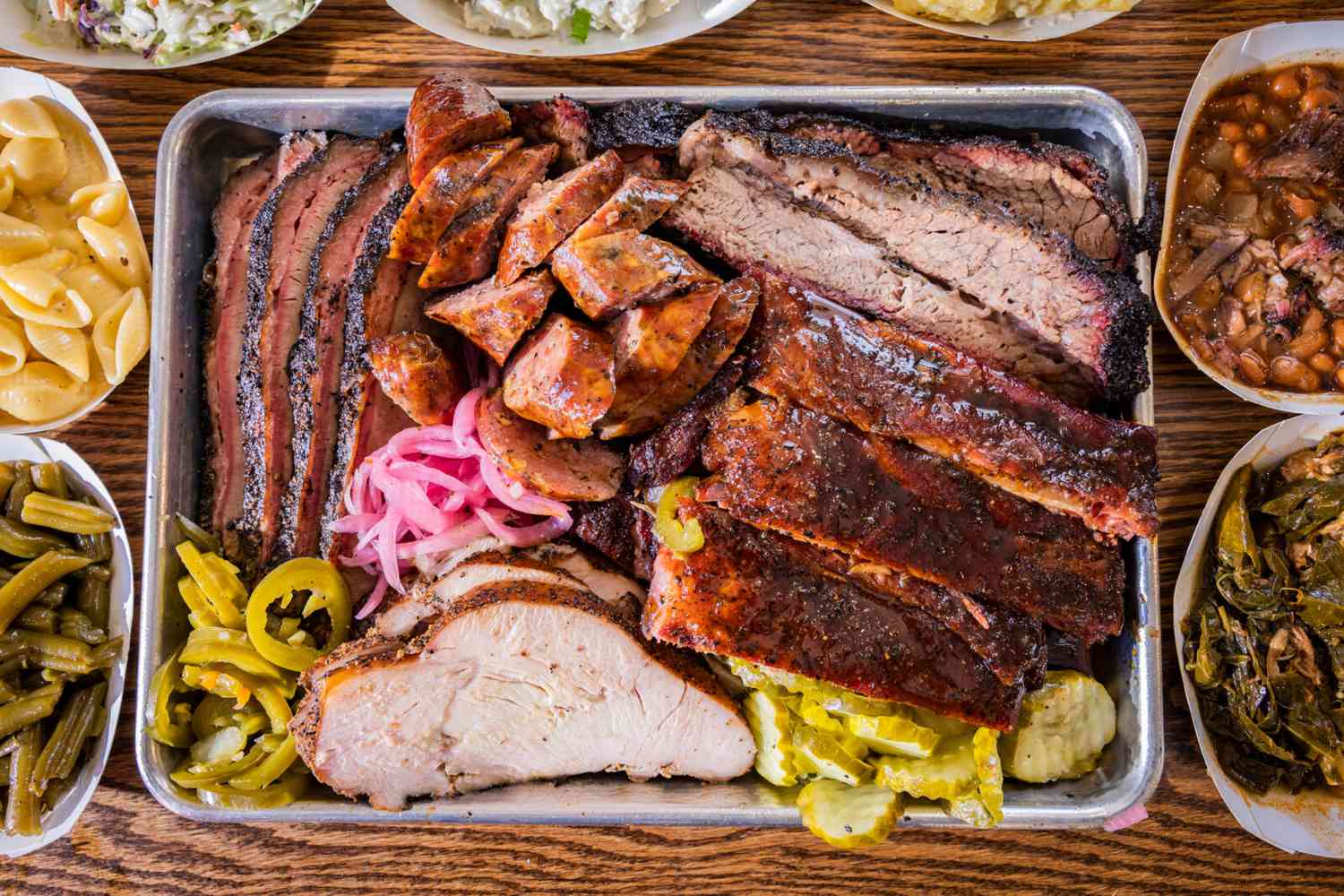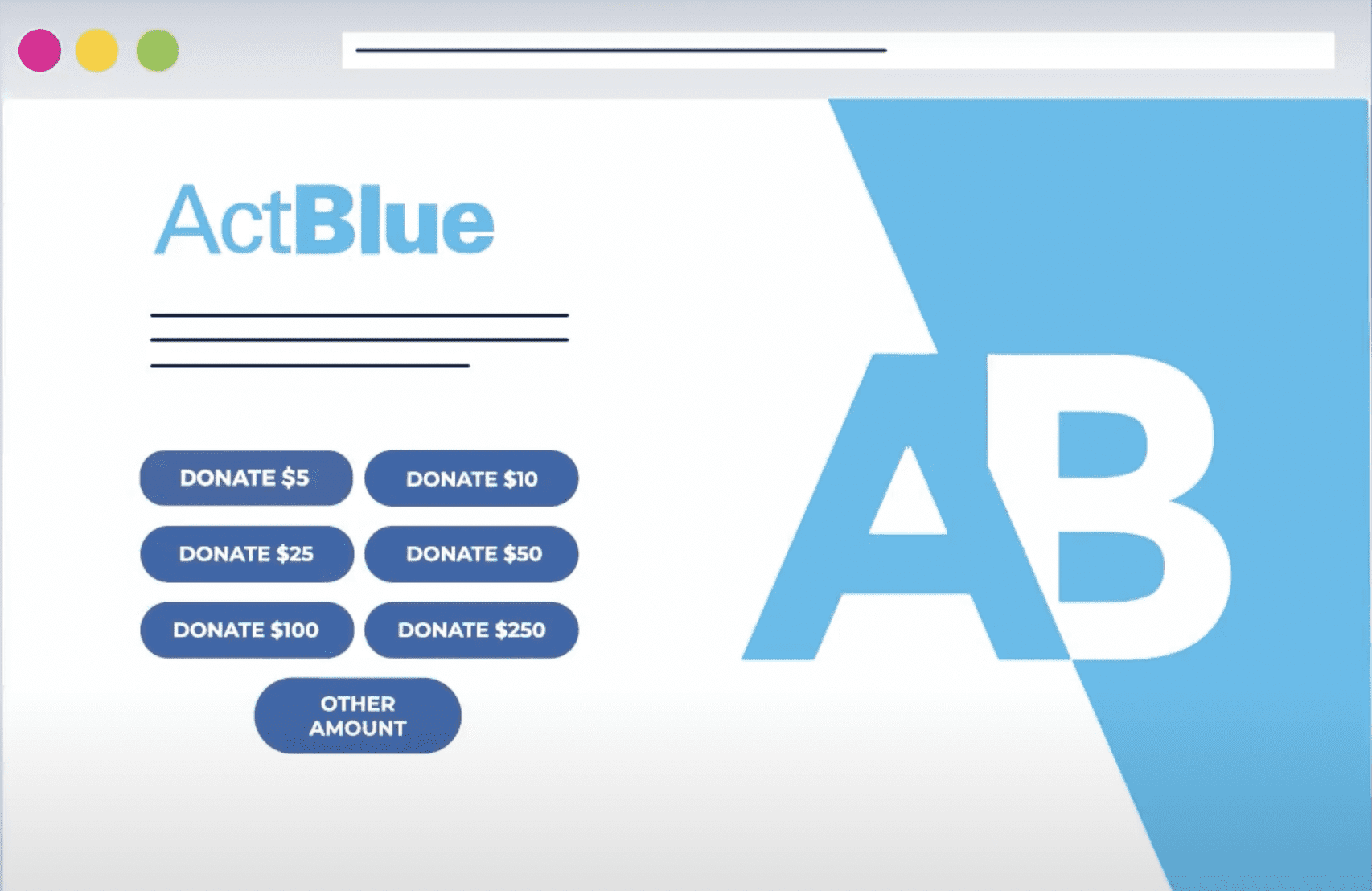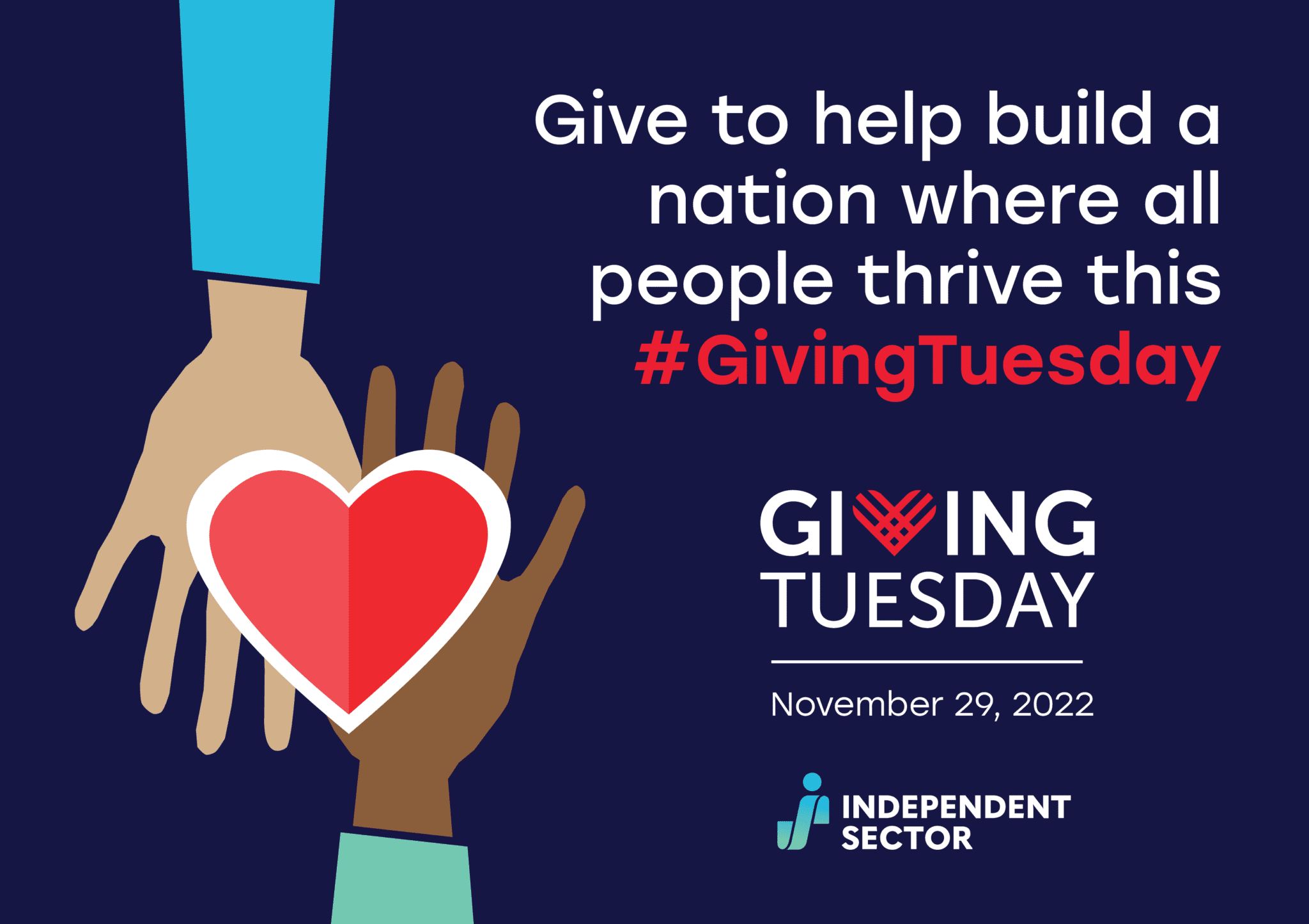Interview by Pickett Slater Harrington
It was the opening plenary of the 2015 Independent Sector Conference.
Over 1,000 nonprofit and philanthropic leaders were in their seats and four speakers walked onto the stage. Each speaker was charged with sharing insights from Independent Sector’s Threads, a series of community conversations held across the country to discuss the future of the charitable sector.
Rachael Chong, next generation leader, CEO and founder of Catchafire, was the first speaker to present.
As one of the few Millennials at the New York Threads conversation, Rachael began sharing insights related to how next generation leaders think about and approach giving and the future of philanthropy.
Near the end of her three-minute presentation and following a reference to the preferred use of online fundraising platforms by Millennials, Rachael remarked, “Goodbye, United Way. Hello, crowdfunding and micro-giving.”
A collective gasp rippled through the audience.
In the audience that day was Megan Walker, board member of Young Nonprofit Professionals Network and director of digital programs for IS member, United Way Worldwide. Little did Megan or Rachael realize the remark and the collective audience gasp would permeate conference conversations and shape their interactions and experiences during and after the conference.
ISQ brought Rachael and Megan together for a conversation about the remark, the collective audience gasp, and what lessons that moment holds for the future of giving and our sector.
Rachael, what were you attempting to communicate to the audience in your presentation, and how did the United Way work itself into your remarks?
Rachael: My goal was to emphasize the urgency of cross-generational learning and collaboration. I had two minutes on stage, and I wanted to use the opportunity to spark a real, honest, unencumbered dialogue about the sector. It’s imperative that we look at ourselves under a microscope and have tough discussions with the goal of improving so that we’re more effective in achieving impact. We have to remember that our “bottom line” is justice, dignity, equality, and healthier, happier lives for all Americans. This is serious stuff, so let’s be serious and critical of how we accomplish our goals so that we can do better.
The truth is that my organization, Catchafire, is talking to several United Way chapters around the country in hopes that we can partner. Why? Because the United Way has so much potential to be a powerful force for good that can help the new generation plug into philanthropy. At Catchafire, we see that our technology platform can help the United Way connect their network of business professionals to their nonprofits in a scalable, impactful way. Do I also believe that the United Way needs to change or risk becoming irrelevant – definitely. But is that surprising?
Megan, as a next generation leader and United Way employee, what was your initial reaction to Racheal’s remarks, and what are your thoughts now?
Megan: As a Millennial who proudly works at United Way, it initially made me think that perhaps United Way could do a better job of telling the story of how we’re adopting some of the technologies Rachael mentioned. More than 100 local United Ways are piloting a crowdfunding technology through Mobilecause and have had a great deal of success. For example, following the unrest in Baltimore, the local United Way used the technology as part of its “Maryland Unites” campaign and quickly raised more than $570,000 to provide emergency support in affected neighborhoods.
Also, as a younger person who is passionate about next generation nonprofit leadership, I think it is difficult to speak for an entire generation, especially one as diverse as the 80 million people in the Millennial generation on any one particular issue. That said, research can provide insights into trends and broader commonalities between the generations that often get overlooked. The problems that our sector are facing now are so incredibly widespread and diverse—I don’t believe that any one approach should be discarded and wholesale replaced by another without examining, learning, and collaborating. There is room for multiple approaches and ways to work together and innovate as partners that both bring valuable resources and insights to the table.
What do the both of you make of the collective audience gasp?
Rachael: I am pleased that there was a response to this comment, as it sparked dialogue. For some, my comment took people out of their comfort zone; and for others, it was just me stating the necessary facts. Honestly, I mean it more to say, “Goodbye United Way?” With emphasis on the question mark.
Megan: I was actually encouraged by it. There were many United Way donors, partners, grantees, supporters, advocates and friends in the audience that have benefited from a long lasting and trusted relationship with us. I do agree with the larger point I think Rachael was making that it’s not just about giving, it’s about impact. I think most people (not just Millennials) who give of their money, time, and skills want to make a difference and they want to see that impact and I’m encouraged to look across our network to see that impact in action. In Milwaukee, for example, teen birth rates have dropped 56 percent since United Way started its work in youth pregnancy prevention in 2006. We have to share these success stories more broadly and reach younger audiences in fun, interesting, and meaningful ways.
United Way also believes it’s critical to have young adults driving the impact we make. Digital is critical among all generations and especially the Millennial generation, but personal connections on- and offline are key. So in the online space, we’re hoping to connect with Millennials with a new digital storytelling series we’re launching in 2016 called the Hero Effect that tells the stories of ordinary individuals who are making an extraordinary difference in their community. Offline is equally important, so in response to young adults’ desires for communities in which they can make an impact they can see, we’ve created groups like United Way LINC (Lead Impact Network Change) and work closely with organizations like the Young Nonprofit Professionals Network in more than 40 communities around the US.
How did the remark and collective audience gasp permeate your conversations and conference experience?
Rachael: After the plenary, I had the privilege of running a panel discussion on the topic: “How Millennials are changing philanthropy forever.” Our moderator, Kelvin Taketa of Hawaii Community Foundation, brought up my United Way point to allow us to have a deeper discussion. It was engaging and productive. After the panel, several United Way employees (who were Millennials) came up to me to see how we might be able to work together in the future.
Megan: When partners and supporters of United Way spoke with me after the session, we joked about how our staff are not all dinosaurs sitting at desks with typewriters. But beyond that, it presented me and my other colleagues at the conference with the opportunity to talk about the ways we are innovating constantly through mobile cause campaigns and text to give strategies and are in a great position to help scale new digital giving solutions because our size, scope, breadth, and depth in communities.
There is also a lesson on how generational change work is going to have to happen. As we evolve as a sector, we need to find ways to have productive conversations that move us forward without taking sides or creating false dichotomies.
As next generation leaders who are also leading right now, what are the lessons we might learn about the future of giving and our sector from the collective moment we shared?
Rachael: I learned that our sector is ready and willing to engage in uncomfortable conversations in order to improve. This is great news! Knowing this, it should be easier for us to be brave and do what it takes to change the world for the better – even if that means doing or saying things that might be unpopular.
Megan: Younger generations are and should continue to push the limits and boundaries of conventional practices. However, I think it is important to do so with a healthy sense of respect and collaboration. As more Millennials take on leadership roles, we too are going to have to answer the next generation behind us, and we have to hope that they will also be willing to listen and learn from us.
United Way raises more than $5 billion each year to support 1800 local communities in 41 countries around the world. In the end, I believe that we need to be saying “hello” to United Way instead of “goodbye” because, just like every other nonprofit in the field, United Way is evolving, growing, and adapting to the new environment.
Pickett Slater Harrington is the manager of leadership development and effectiveness at Independent Sector.



